Merida, Yucatan, Mexico – As a strategy to increase the number of Mexican students studying graduate school abroad, the first ¨Engineering and English Intensive Intership Program of CANIETI¨ is carried out as part of a collaboration between Texas A&M University (TAMU) and the State of Yucatan Mexico.
33 students from the State of Yucatan and 17 from the State of Zacatecas (central region of Mexico) graduated from public and private universities specialized in areas of information technology, were fully-sponsored by CANIETI and its industry and goverment partners, to complete an internship at TAMU with the objective to improve their English language proficiency as well as their basic scientific competence to study in abroad graduate program.
For 10 weeks, besides reinforcing their English proficiency level through intensive courses by the English Language Institute (ELI) at TAMU, the students will receive preparation to present the GRE, an essencial requirement for admission to graduate school. They will also prepare to take the TOEFL test that is used to assess the English proficiency level, and which is also required for admission to graduate programs in the US.
Is important to highlight that the program benefitiaries will participate in various research projects that include areas from computational systems, biomedical, to natural resources exploitation as is Lutita or Shale Gas. These projects are directed by high-level researchers from TAMU with collaboration of graduate students from different parts of the world.
Prior to their departure, the Secretary of Exterior Relations, Mr. Jose Antonio Meade, met with the first 50 students that participate in the CANIETI program as part of the Proyecta 100,000 Initiative established between the Mexican and U.S goverments to increase the academic, technological, and research exchange between both nations. The chancellor pointed out the importance of these students to participate in such programs because it will allow to strengthen the relationships between both countries, and will improve the technological advance in Mexico. By 2018, this program will count with more than 1,000 students and in conjunction with similar projects, will achieve the goal of training 100,000 Mexicans in the United States.


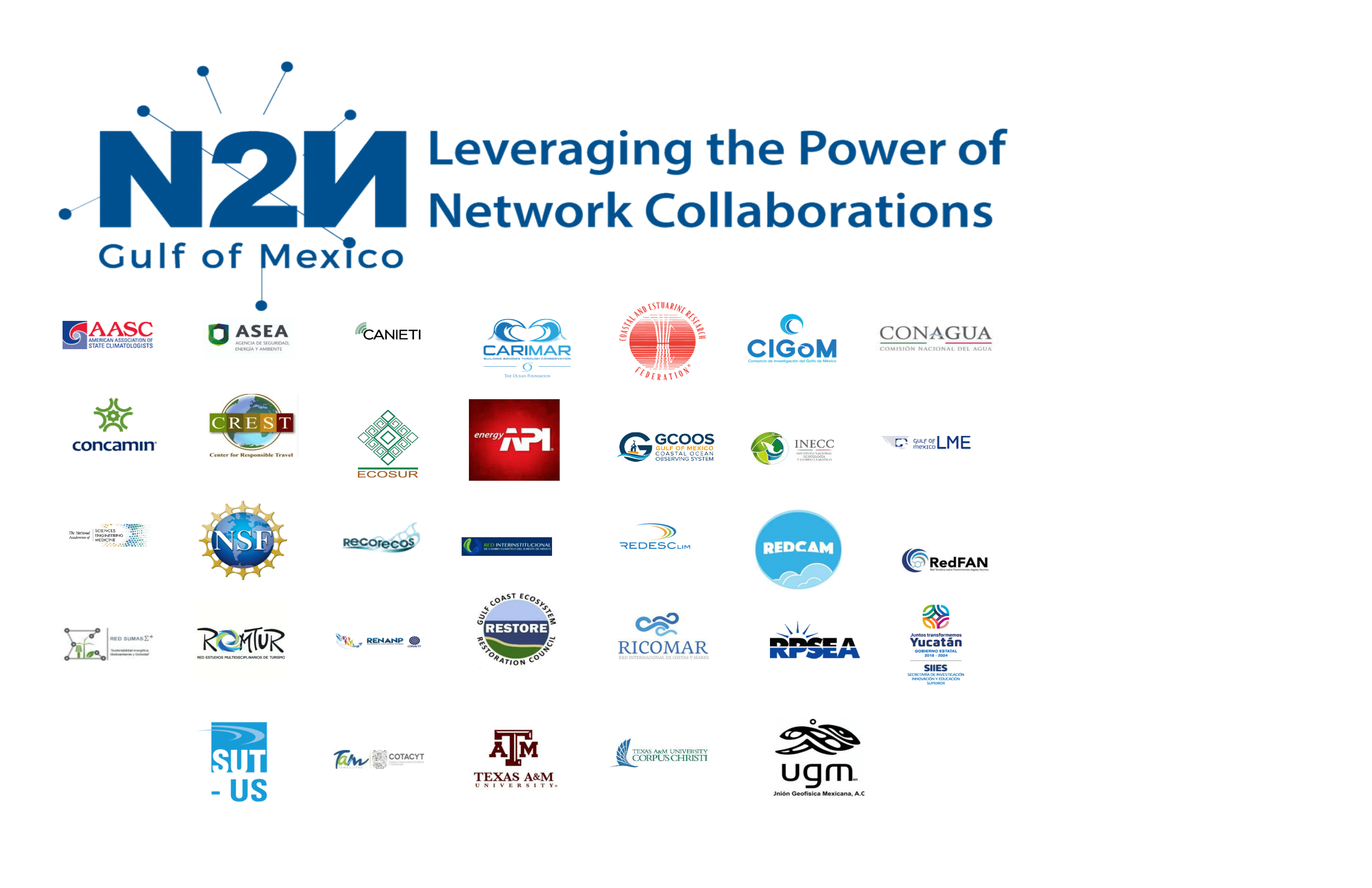
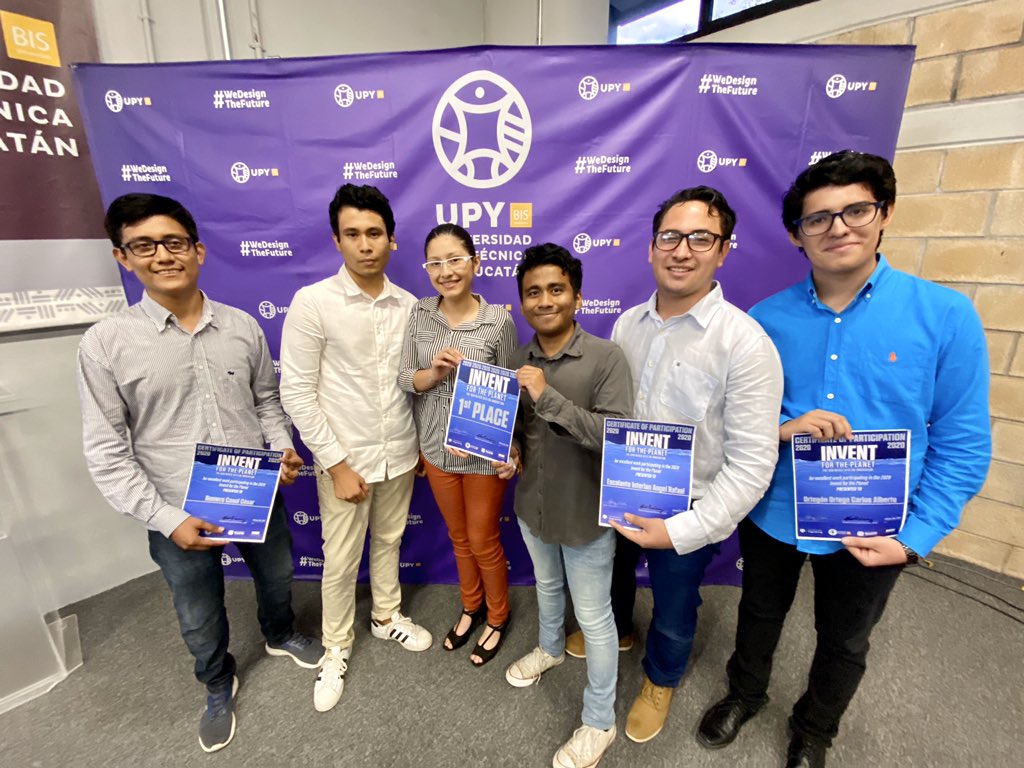
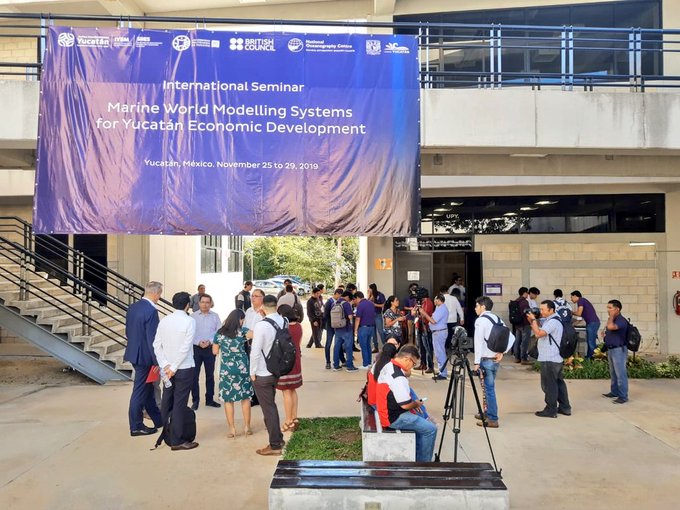
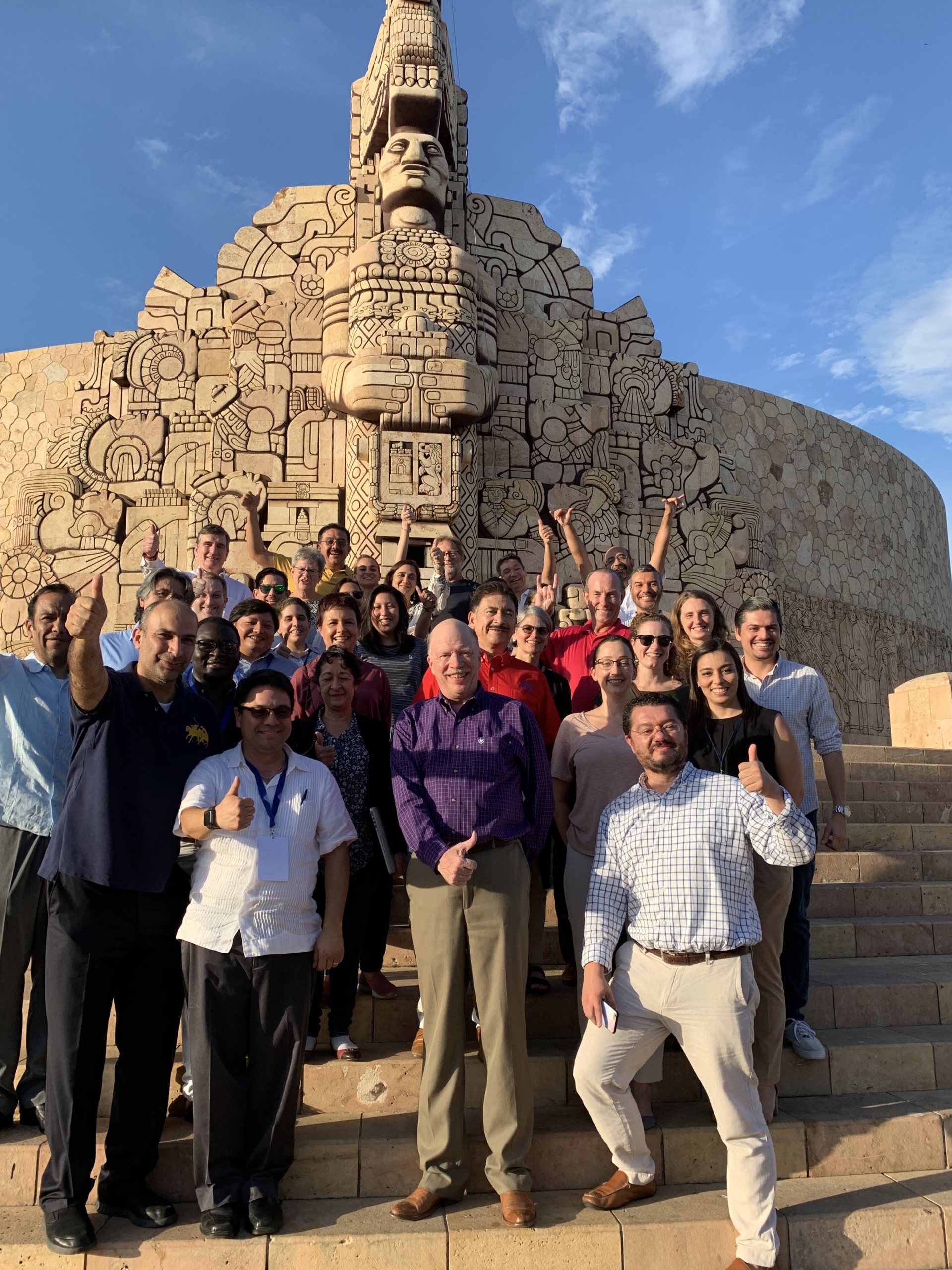
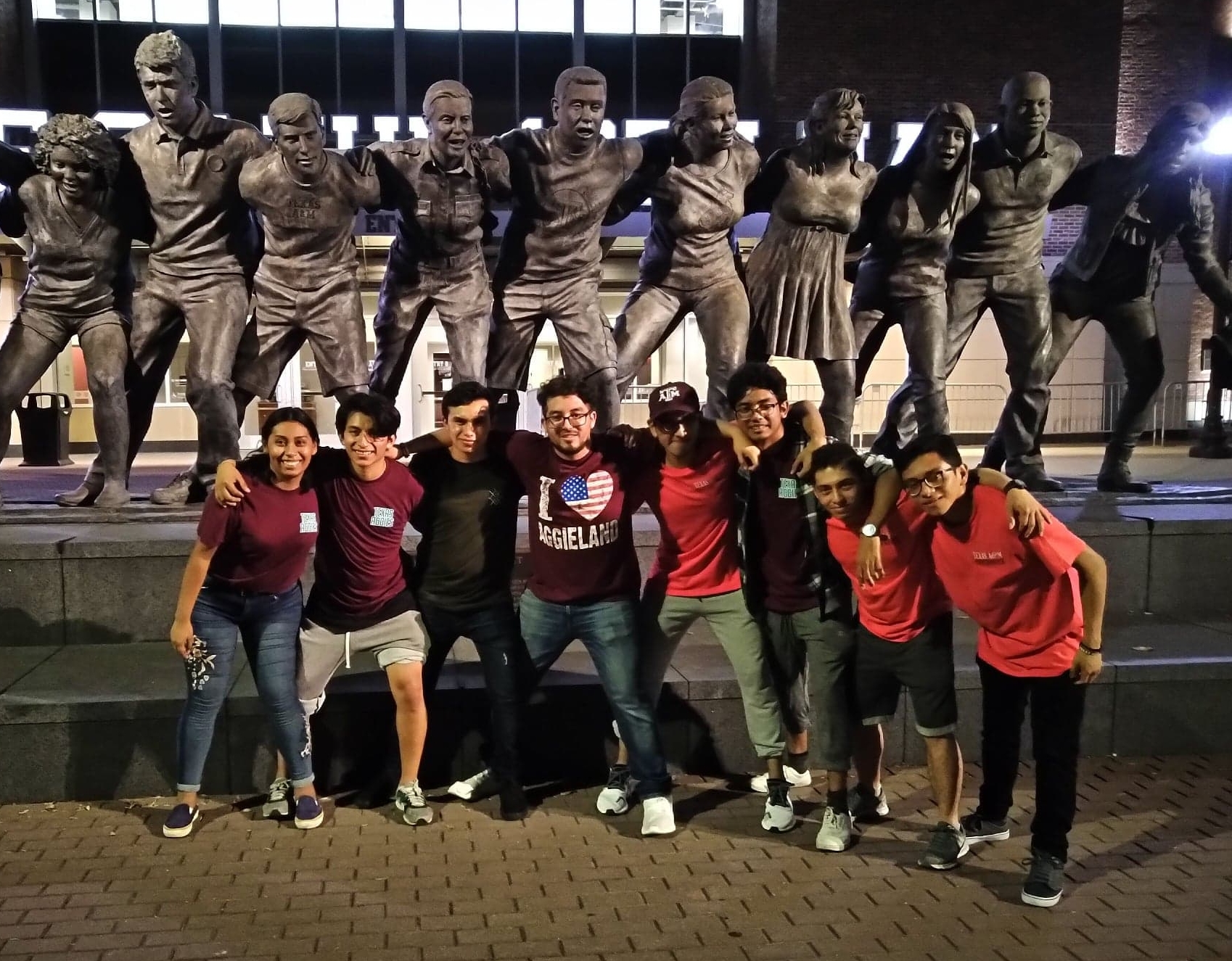
Follow Us